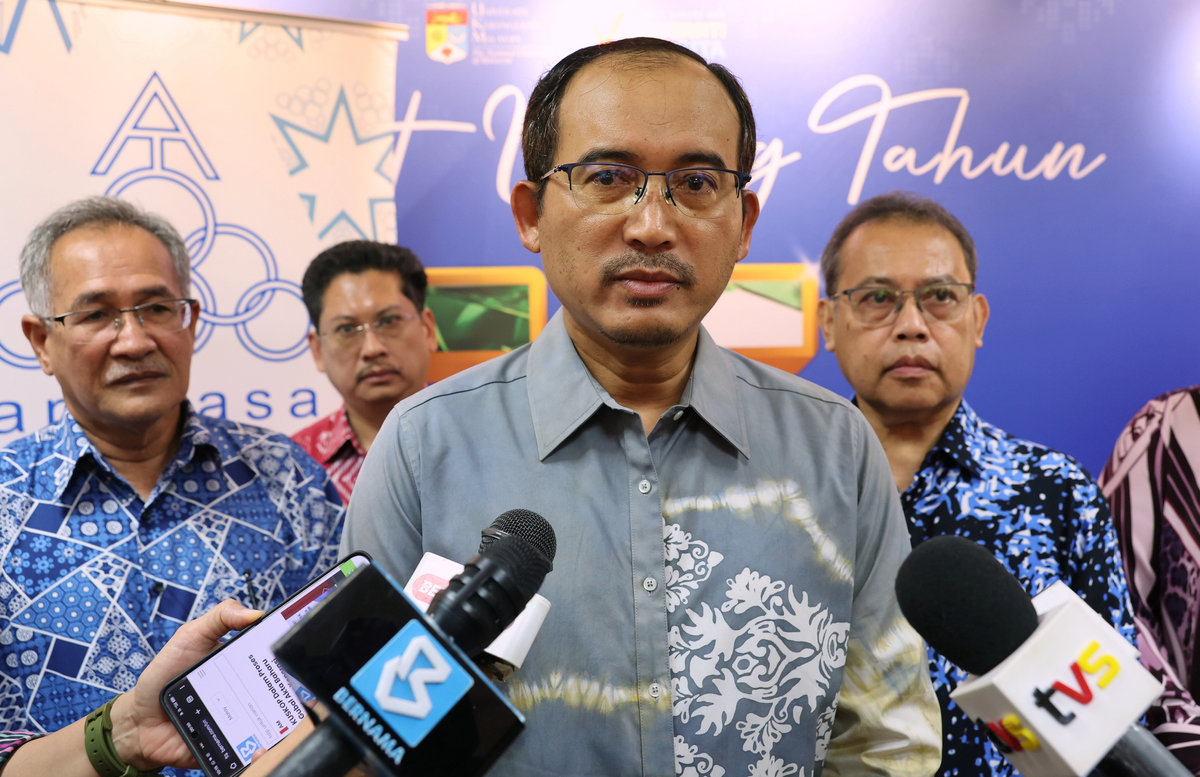BANGI: A new cooperative law to replace the current Cooperative Act 1993 (Act 502) is expected to be tabled in Parliament this December, said Ministry of Entrepreneur Development and Cooperatives secretary-general Datuk Seri Khairul Dzaimee Daud.
He said the ministry is introducing a new law to enable the cooperative movement to operate more effectively as a business entity and become a stronger driver of the national economy.
“Therefore, we are repealing the existing act and replacing it with a new one, which will be tabled in Parliament for the first reading in December,” he said.
“The 2026 Parliament session, scheduled for around March or April, is expected to see the second reading, with the aim of enforcing the new act by July next year,” he said during the opening of the ANGKASA-MINDA-UKM Cooperative Empowerment Forum here today.
Previously, Entrepreneur Development and Cooperatives Minister Datuk Ewon Benedick said that his ministry was drafting the new cooperative act to replace Act 502. The Cabinet paper on the matter was presented and approved in principle on Jan 8.
Khairul Dzaimee added that the ministry is actively engaging with state governments and stakeholders to ensure the new law is properly implemented in the best interests of cooperatives.
He also said that the new cooperative law aims to create more responsive and dynamic cooperatives, facilitate cooperative businesses, enhance the well-being of the community, and improve cooperative governance.
“The main essence of this new act is to liberalise the cooperative movement by reducing excessive monitoring, previously focused heavily on legislation, and giving cooperatives more space to operate as business entities,” he said.
Meanwhile, Angkatan Koperasi Kebangsaan Malaysia Berhad (ANGKASA) president Datuk Seri Abdul Fattah Abdullah expressed support for the government’s efforts to enhance the cooperative ecosystem in the country.
“We want to make cooperatives a culture among Malaysians by 2050. ANGKASA (also) strongly supports the government’s efforts to liberalise the laws and regulations that are being made and improve the (cooperative) ecosystem,” he said.
Also present were Universiti Kebangsaan Malaysia (UKM) deputy vice-chancellor (Academic and International Affairs) Prof Dr Abdul Halim Abdul Gafor and the Malaysian Inclusive, Development and Advancement Institute (MINDA-UKM) director Prof Tan Sri Dr Noor Azlan Ghazali.









